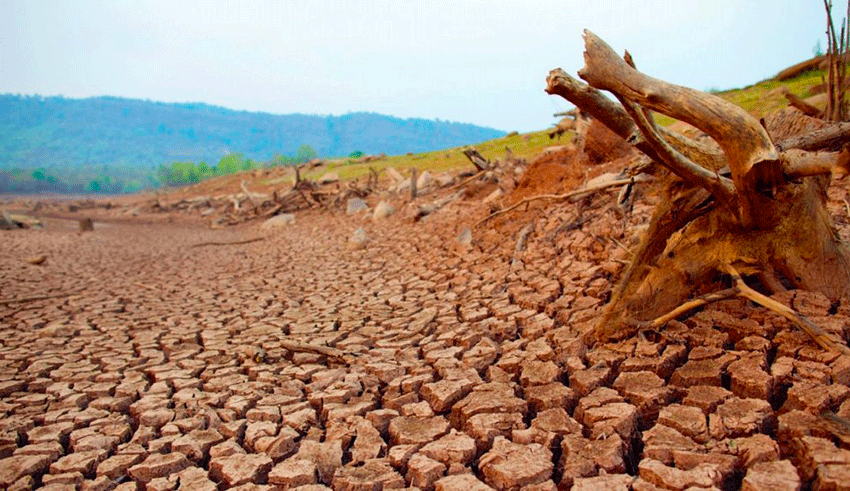Recent economic shocks have not shaken the robustness of the Moroccan economy. The repercussions of Covid on GDP were quickly absorbed, and inflation, which peaked at 10% in 2023, is now under control, falling below 1% this year. In response, the Bank of Morocco chose to ease its monetary policy in June, encouraged by the stability of external accounts and the continued improvement of public finances.
Despite these encouraging macroeconomic indicators, the employment situation has significantly deteriorated. The unemployment rate has surged to over 13%, compared to less than 10% before the pandemic. The activity rate has never been so low, standing at 43.3% for the entire population and only 18.3% for women, one of the lowest in the world.
Climate change has severely affected the Moroccan agricultural sector, a pillar of employment especially for women. Repeated droughts over the past four years have led to significant job losses, which the service and construction sectors have been unable to compensate for. On average, Morocco has been losing more than 90,000 jobs per year since 2020, and this trend is likely to continue due to the country’s ongoing vulnerability to climate-related hazards.


